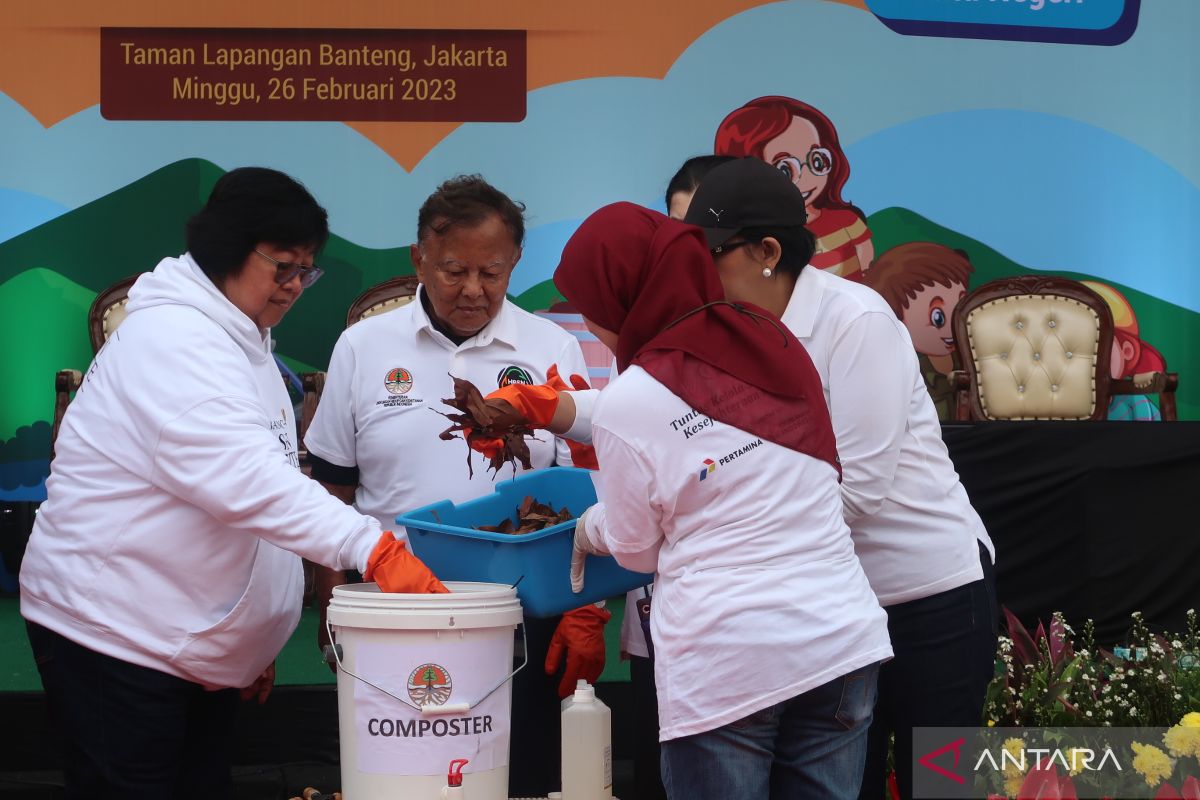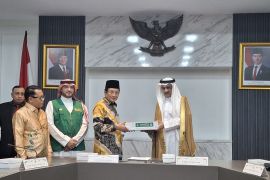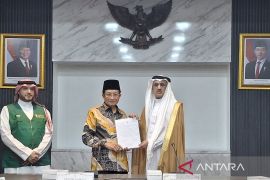According to the Minister, the process of turning organic waste into compost has economic value and is part of the circular economy approach. The circular economy not only encompasses the topic of waste management, but also resource efficiency and attention to value chains, she said.
In 2022, waste production in Indonesia reached 68 million tons per year with organic food waste being the most, accounting for 41.27 percent. Around 38.20 percent of Indonesia's waste production is generated from households.
The high volume of organic waste has caused environmental, health, and climate change problems in Indonesia. Organic waste that accumulates can produce methane gas which poses a greater damaging effect on the ozone layer than carbon dioxide does.
Therefore, Bakar said, making compost from organic waste has a strategic role in mitigating climate change. "Waste accumulation in landfills, if managed in an open dumping manner, can cause environmental and health issues, and contribute greatly to greenhouse gas emissions that can have a global effect on climate change," she explained.
Baca juga: Manajemen sampah di Jakut manfaat ekonomi
Baca juga: Dukung program pemerintah NTB Zero Waste, Pertamina kelola Bank Sampah Pujut
The simplest step to process organic waste into compost is to place food waste directly into the biopore pits and let soil micro-organisms carry out the weathering, letting it decay naturally. Compost can also be made by placing organic waste into the compost bin, then drenching it with EM4 liquid to speed up the composting process. If all Indonesians independently compost food waste every year, it can save 10.92 million tons of organic waste from being disposed of in landfills, Bakar said.
Pewarta : Kenzu Tandiah
Editor:
I Komang Suparta
COPYRIGHT © ANTARA 2026









